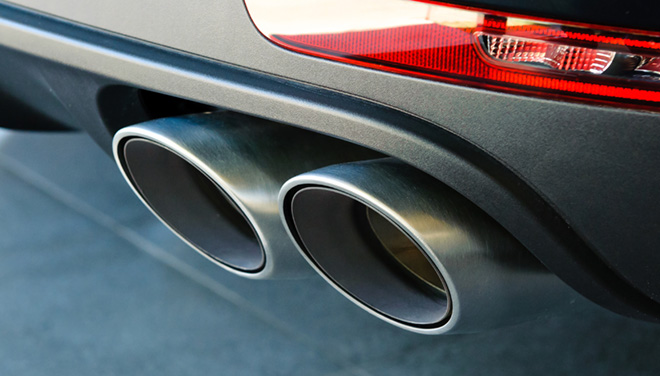The War on Fuel Economy Standards took another twist, as the Trump administration backed down from its plan to freeze fuel economy standards. “People familiar with the process” told the Wall Street Journal that the administration is now considering calling for a 1.5% annual increase in corporate average fuel efficiency. This target would be a compromise between the 4.7% annual gains under the existing Obama-era rules and the freeze at 2019 levels of around 37 mpg that the administration had proposed.
The progress of the war so far: immediately following Trump’s election, US automakers urged him to “reform” federal fuel economy, emissions and safety standards; the administration enthusiastically complied, announcing plans to water down the standards, and set up a conflict with California, which enforces its own, more stringent regulations; in 2019 the automakers decided Trump had gone too far, and sent him another letter warning that an overzealous regulatory rollback threatened their profits; Ford, Honda, Volkswagen and BMW struck a compromise with the California Air Resources Board (CARB) that would allow them to improve efficiency by 3.7% per year; GM, Toyota and Fiat Chrysler announced that they would side with the Trump administration, and endorse its radical rollback after all.
Got all that? So now it seems that we’re in a bargaining phase – the administration will settle for a 1.5% annual increase, while California and the other 14 states that follow its standards will try to hold out for 3.7%. CARB responded to the administration’s proposal, saying that a 1.5% annual increase wouldn’t be enough for the state to meet federal air quality standards.
The administration’s rules are expected to be finalized by the end of this year, and some still hope for a compromise that will avoid a legal battle that could end up in the US Supreme Court. “I’m…the eternal optimist,” said EPA Administrator Andrew Wheeler. “Once everybody sees our final CAFE regulation, everybody will see that it makes sense and maybe we won’t have litigation on that part of it.”
Sources: Automotive News, Wall Street Journal



















































































